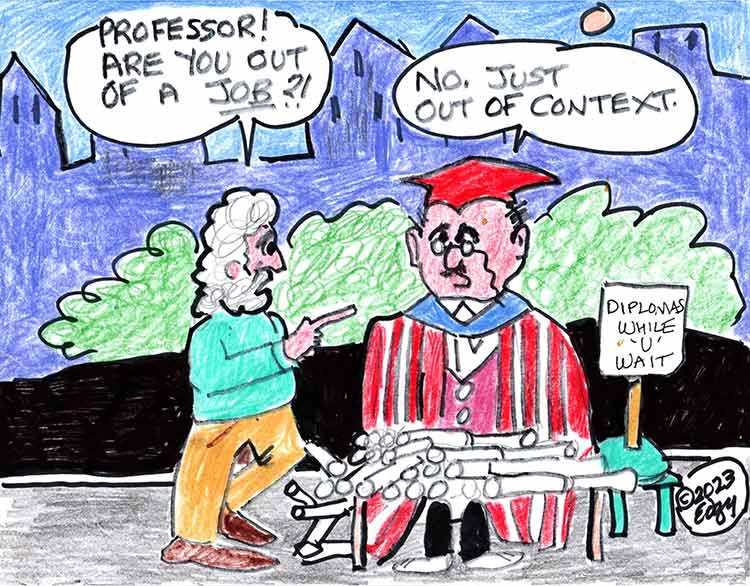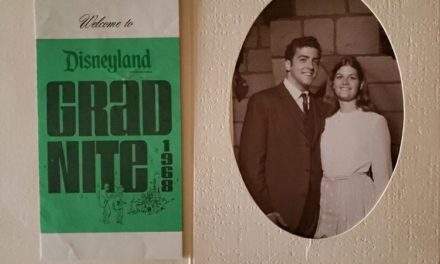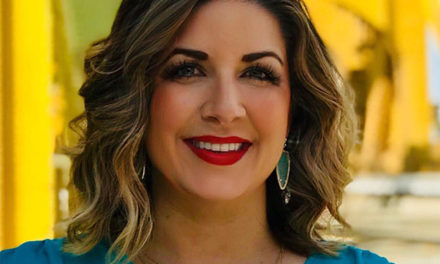No Contest: It’s All About the Context
Who you are and where you are matter
By Ed Goldman
The late comedian, composer and TV host Steve Allen once marveled at how a viewer saw him at a grocery store and exclaimed excitedly, “What are YOU doing here?!” Allen said he explained he was shopping, making the viewer shake his head in disbelief as if to say, “Now I’ve seen everything!”
I understand how each of them felt. When I was a kid and ran into one of my teachers off-campus—at a supermarket, bowling alley or park—my reaction was the same as that of Steve Allen’s fans: How could Mr. Kassup (fourth grade), Mrs. Payne (fifth grade) and Miss Hodson (sixth grade) possibly spend any of their extracurricular moments in my world? How could they buy Cheerios, rent bowling shoes or go on picnics where I did?
Scrolls down
Didn’t they have an appreciation of context?
Some years later, when I started my job as a newspaper reporter, it turned out my journalism professor from Long Beach City College, the late Donald Roberge, enjoyed working summers as a copy editor at the same paper both to keep his skills sharp and augment his teacher’s salary.
The first night I saw him at the paper I rushed over to him, gushing my thanks for recommending me for the job. But I called him “Mister Roberge,” which wouldn’t do in the workplace. Not even “Mister R,” the unimaginative nickname we gave him to sound semi-collegial on campus. “Just call me Don when we’re here,” he said with a warm grin.
“I can’t,” I said. “I just can’t.”
“Sure you can.”
But I couldn’t. He’d been like an assistant dad to me. And in addition to respecting him, I loved him. He was my Obi Wan Kenobi sans light saber, my clean-shaven Dumbledore, my Ed Asner-as-Lou Grant with hair.
So I spent that summer slurring his name whenever I needed to chat with him. I did subtle stuff like putting my hand over my lips at the last possible second and saying, “Could you take a look at this story, Dortfdaswrin?”
After the first few times he sensed my discomfort and said, “Maybe it’d be better if you don’t use any name at all when you talk to me here.” My relief was palpable—until one late night at the paper I had to yell over to him, a few feet away at the copy desk, that his wife was trying to reach him. He was embroiled in a hilarious debate with his colleagues on the desk over something in the news that day and it was hard to be heard over the very loud, scotch-fueled bonhomie. After yelling for him to “pick up” I walked over to the copy desk and leaned down to whisper to him that his wife was on the line.
“What?” he said.
“Your wife needs to talk to you,” I said. “She’s on Line 2.”
“Wha’s she want?” he asked, a bit in his cups, as they say, and a bit annoyed with me.
“I think she said, ‘a divorce,'” I finally said. As you can imagine, this had a quieting effect on the copy desk boys.
The divorce didn’t happen for a few more years. But when it did, Mr. R seemed like a new man, though someone I didn’t quite recognize. He began quoting from Gail Sheehy’s “Passages,” the breakthrough book about adulthood and its pitfalls, and having his students call him Don—at school, fahcrissakes!
When my freelance-writing career began to take off, and I’d also begun teaching a night class at his college, I ran into him at a bookstore (remember those?). He was wearing casual clothes—I’d only ever seen him in a shirt and tie—and greeted me as a friend and peer instead of a mentee. I was thrilled to see him but a tad discomfited by how our relationship had changed. I’d wanted him to be my mentor and assistant dad for the rest of my life.
I’d wanted him to remain in context. My context.
Ed Goldman's column appears almost every Monday, Wednesday and Friday. A former daily columnist for the Sacramento Business Journal, as well as monthly columnist for Sacramento Magazine and Comstock’s Business Magazine, he’s the author of five books, two plays and one musical (so far).













